Russia pushes Security Council resolution endorsing Syria peace plan
The deal calls for negotiations for a political solution to end the conflict that has killed more than 310,000
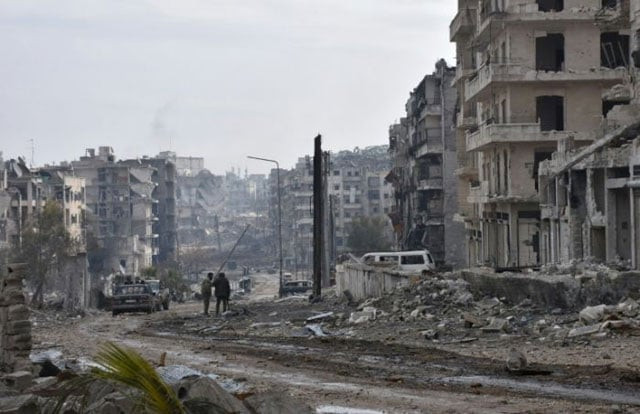
Moscow drew up a brief security council draft resolution endorsing the plan it brokered with Turkey and Iran for a ceasefire ahead of planned negotiations at the end of January in the Kazakh capital Astana, Russia's UN ambassador Vitaly Churkin told reporters.
Russia, Turkey 'agree Syria ceasefire plan'
The council began closed consultations on the text on Friday morning. "We hope that tomorrow morning, we can go for a vote and adopt it unanimously," Churkin said.
The deal calls for negotiations over a political solution to end the conflict that has killed more than 310,000 since 2011 and forced millions to flee.
The ceasefire, which went into force midnight Thursday, has been holding across most of Syria despite reports of sporadic clashes near Damascus.
The Britain-based Syrian Observatory for Human Rights said it was unclear who had started the clashes, with both sides blaming the other.
The ceasefire is the first nationwide truce to be implemented in the country since September, and is intended to pave the way for new peace talks in Kazakhstan being organised by Russia, Turkey and Iran.
The agreement comes a week after the regime, which is backed by ally Russia, recaptured second city Aleppo in a major blow to rebel forces.
Russian President Vladimir Putin said Friday he would now reduce Moscow's military contingent in Syria, which has been fighting on behalf of the government since last year. But he added Russia would continue to fight "terrorism" and maintain its support for the government.
Syria army, opposition confirm nationwide truce from midnight
Russia and Turkey say the Astana peace talks are meant to supplement UN-backed peace efforts, rather than replace them.
Along with Turkey and Iran, Moscow says it wants to work with regional powers Egypt, Saudi Arabia, Qatar, Iraq and Jordan on the talks.
Washington is conspicuously absent from the new process, but Moscow said it hoped to bring US President-elect Donald Trump's administration on board once he takes office in January.

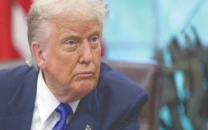
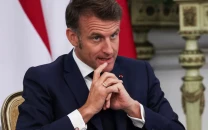
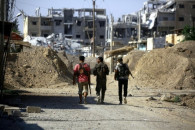
1724148693-0/BeFunky-collage]_____-(24)1724148693-0-208x130.webp)
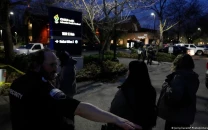
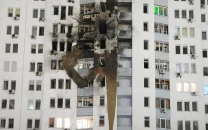












COMMENTS
Comments are moderated and generally will be posted if they are on-topic and not abusive.
For more information, please see our Comments FAQ